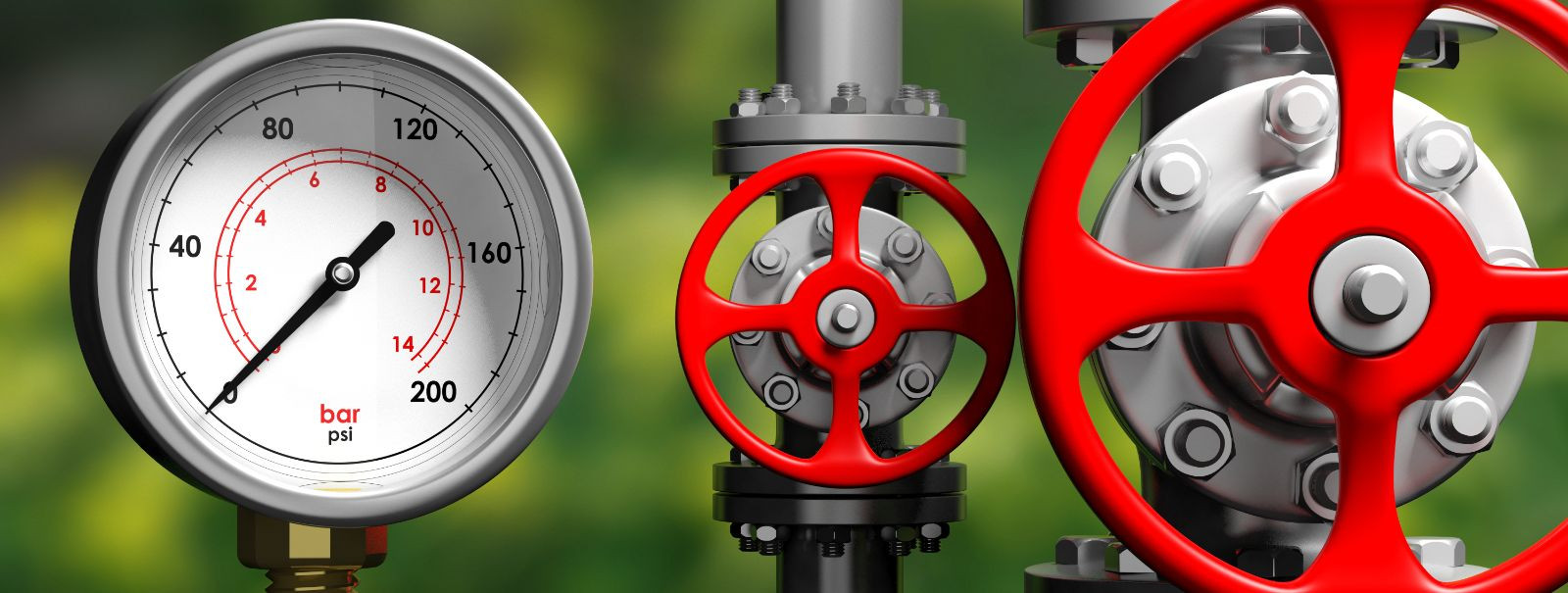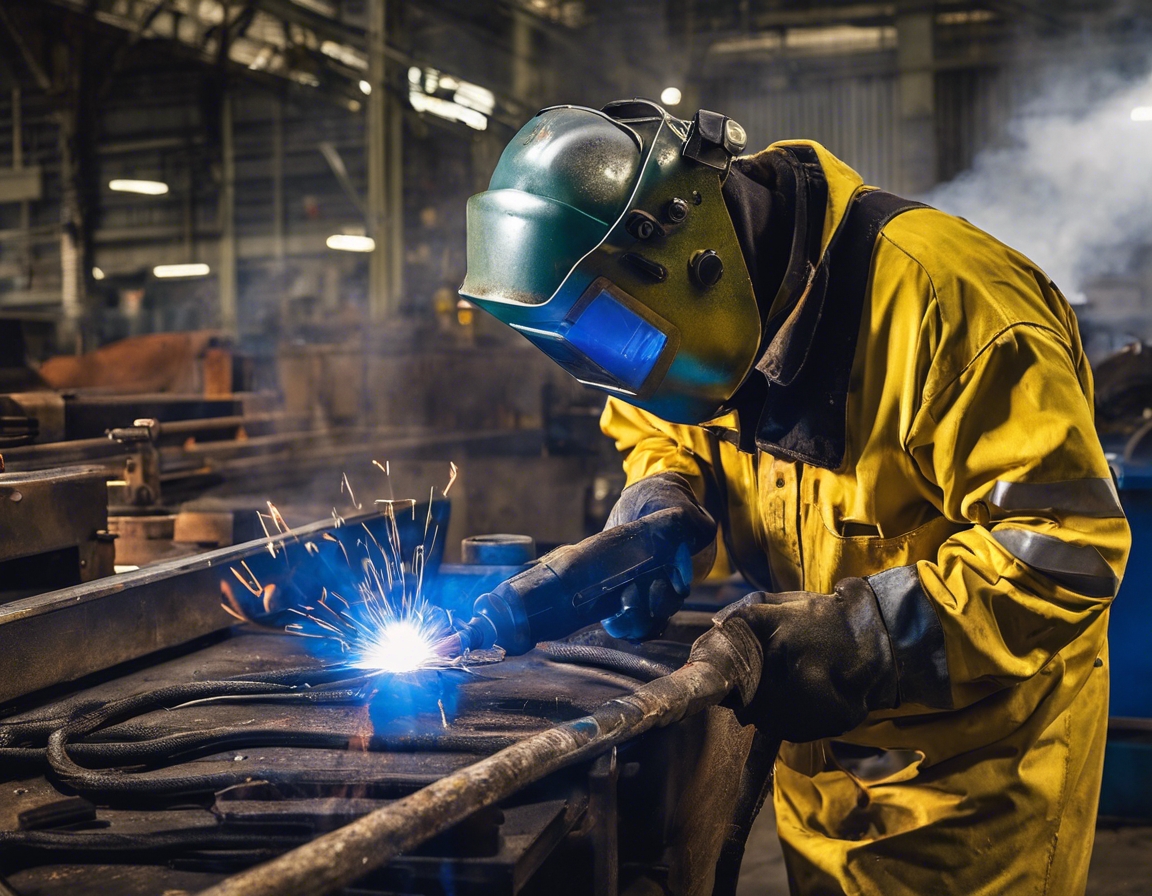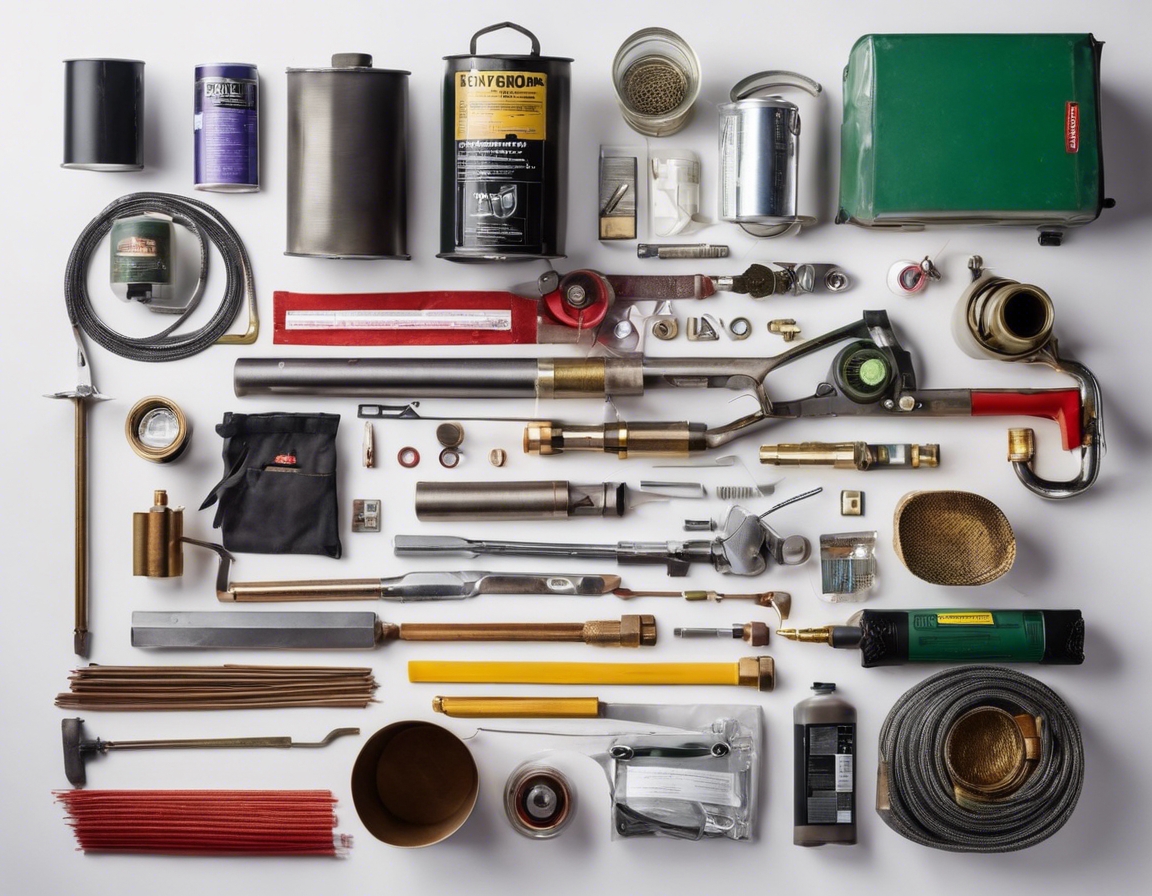5 safety tips for handling industrial gases
Industrial gases play a crucial role in various sectors, but their handling requires strict adherence to safety protocols to prevent accidents and ensure the well-being of personnel and property. GAASITEENINDUS OÜ is committed to promoting a culture of safety and this guide outlines essential safety tips for handling industrial gases.
Understanding the Risks Associated with Industrial Gases
Industrial gases such as oxygen, nitrogen, argon, and acetylene each have unique properties that can pose risks including flammability, asphyxiation, and toxicity. Recognizing these hazards is the first step towards safe handling.
Accidents can occur due to leaks, improper handling, or lack of proper safety equipment. Understanding these potential causes helps in developing effective prevention strategies.
Tip #1: Proper Storage of Gas Cylinders
Gas cylinders should be stored upright in a well-ventilated area, away from sources of heat and ignition. Proper signage and segregation of incompatible gases are also crucial.
When moving cylinders, use appropriate handling equipment and secure them during transport to prevent accidents.
Tip #2: Use of Personal Protective Equipment (PPE)
Depending on the type of gas and the operation, PPE such as gloves, safety glasses, and respiratory protection may be required. It is important to identify the correct PPE for each task.
Employees must be trained not only to use PPE but also to understand its limitations and maintenance requirements.
Tip #3: Regular Equipment Inspections and Maintenance
Regular inspections using detailed checklists can help identify potential issues before they lead to accidents.
Adhering to a strict maintenance schedule ensures that gas handling equipment remains in optimal condition, reducing the risk of malfunctions.
Tip #4: Safe Handling and Usage Procedures
Proper techniques for transporting cylinders can prevent dangerous spills and collisions. Always follow the recommended procedures for moving cylinders within a facility.
Operators should be thoroughly trained on the correct procedures for using gas equipment, including regulators and valves, to maintain control over gas flow and prevent leaks.
Tip #5: Emergency Preparedness and Response Training
Having a well-developed emergency plan ensures that employees know how to react in case of a gas leak or other incidents.
Regular drills and training sessions help employees stay prepared for potential emergencies, ensuring a swift and effective response.






Comments (0)